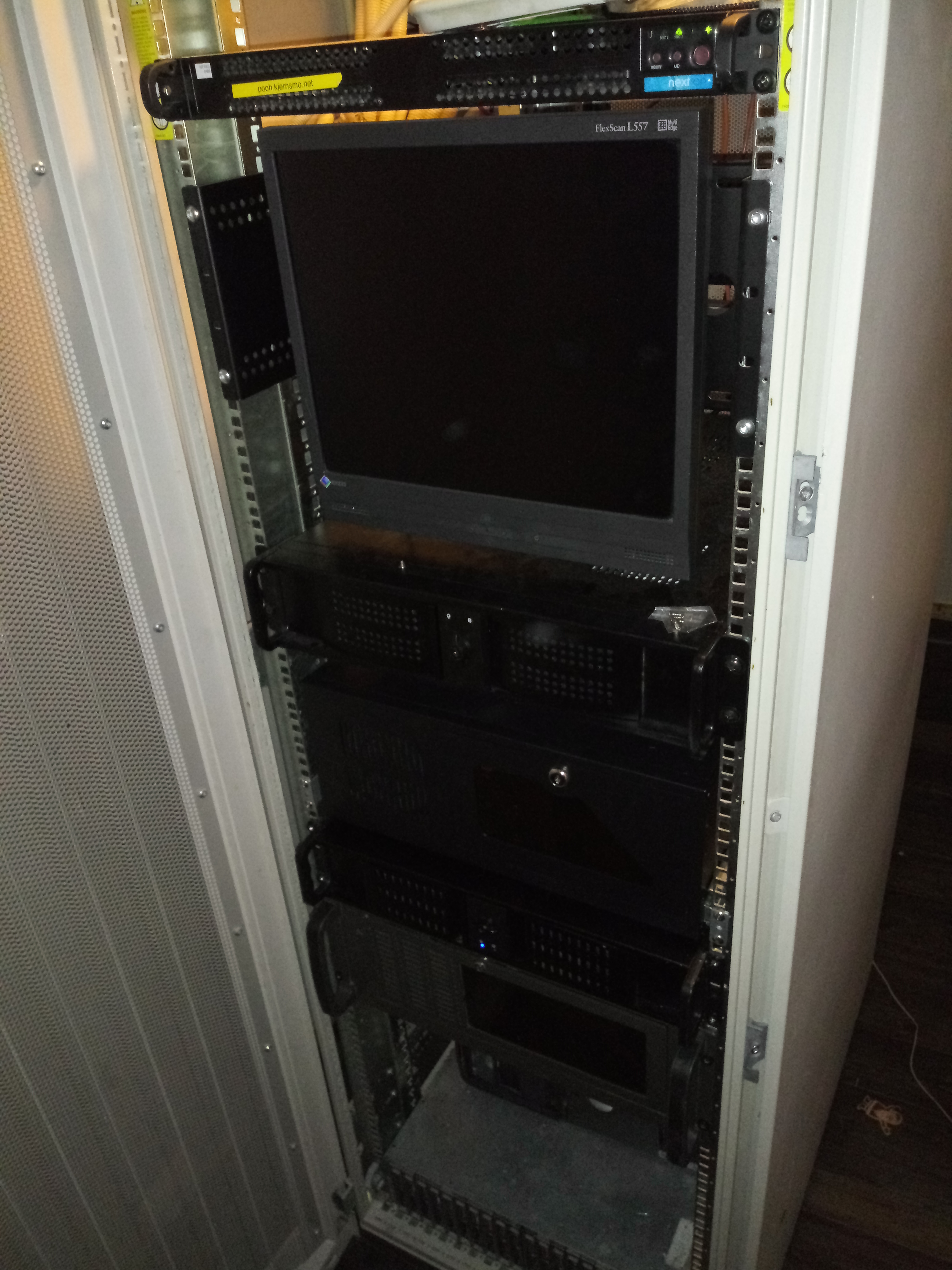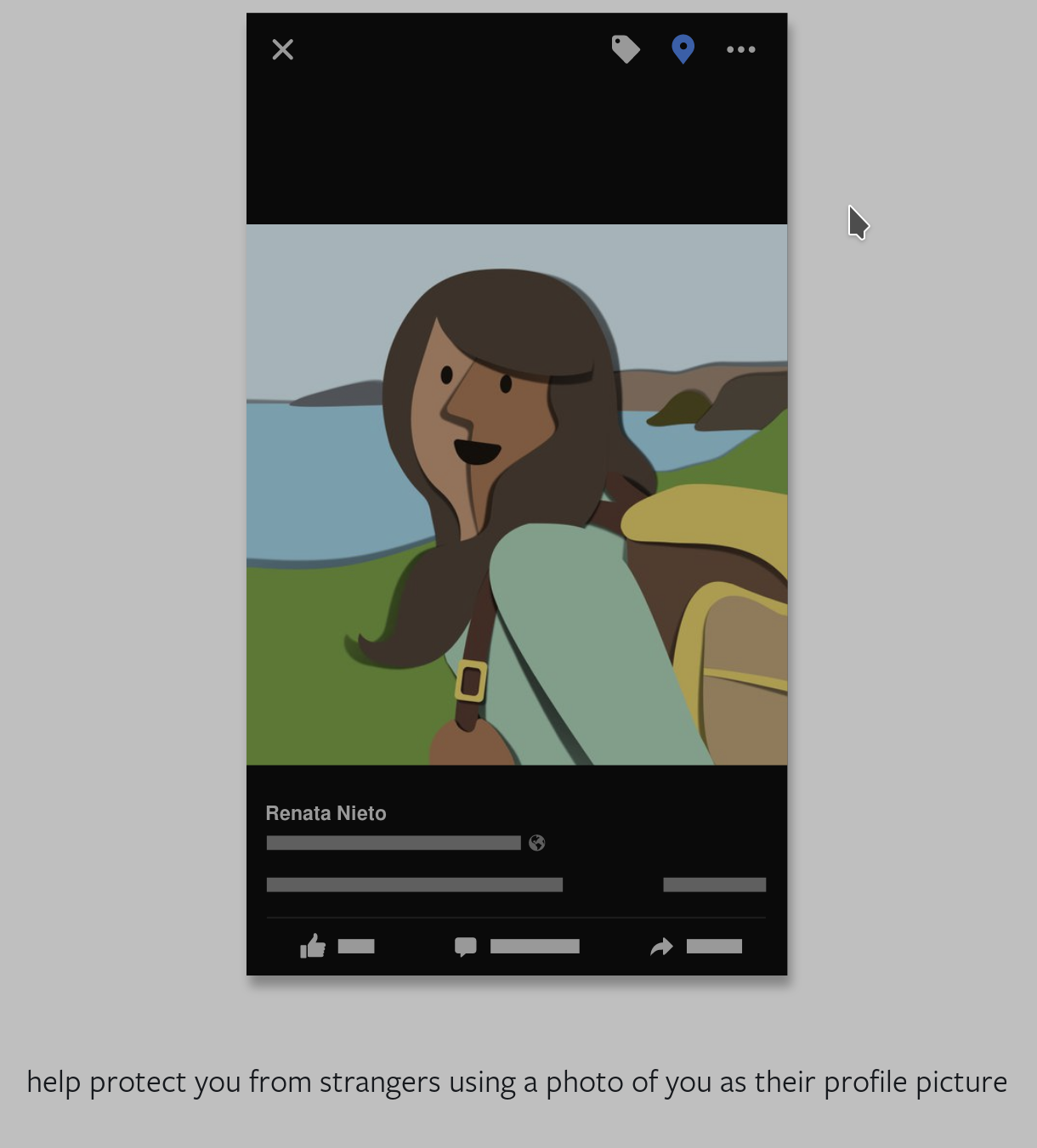Improving the Web for Everyone
American startup based in Boston

CEO John Bruce

CTO Tim Berners-Lee

Kjetil Kjernsmo

Ruben Verborgh
Business models that focus on data harvesting and persuation architectures causes
- stagnating innovation
- alienation amongst citizens
- a few winners takes all
- general exploitative environment
We need a new social contract
The Solid ecosystem
brings back choice
by decoupling
data and applications
and
enables personal data control.
People choose where they store every single piece of data they produce.

They can grant applications and people access to very specific parts of their data.

Separating app and storage competition drives permissionless innovation.

When Terje Was Young
- Terminals where getting smarter,
- but there were many different,
- and they were connected to a larger system.
- Some standardisation started to happen.
My office

My rack

Before the Web,
the world was highly heterogeneous.
-
Exchanging and connecting information was hard.
- different hardware
- different software
-
Innovation was hard.
- For which target machines should platforms be built?
- Developers depended on software and hardware vendors.
The Web strives to be universal, and thereby enables permissionless innovation.
-
Anyone can use the Web, regardless of
- hardware
desktop phone tablet watch …
- software
operating system browser app …
- hardware
-
You don’t depend on these to innovate.
- Build for the Web!
- Standards provide interoperability.
The Web is Normative Software and de facto Standards
The whole normative landscape
WHAT?
Technocratic Elitism!
What is a right worth?
What is the right to data portability worth if you have nowhere to put and use your data?

Consent in a Persuation Architecture

It's an Arms Race
If you spend more resources than your opponent, you loose
Do people really care?
- 91% say that they have lost control.
- People are not giving up data as a tradeoff, but because they have no actual choice.
Choice is essential
But there is no choice unless technology enables people to do what they need to do
Permissionless innovation
- Enables people to experiment with solution to their problems.
- Counteracts technological elitsm.
- Has historically brought unprecedented creativity to the world.
- But isn't the whole solution
How about me?
YES, YOU CAN!
Linked Data
URL: http://talks.kjernsmo.net/solid/2019/seri.html
- It is an address to something
- You get a document back if you go there
- It is also an identifier for that document
URI: https://solid.kjernsmo.net/profile/card#me
- Generalized to identify something physical
- You will get a description about me if you go there.
- Can identify anything, including abstract things, like the type of weather.
Triple
| Subject | Predicate | Object |
|---|---|---|
| <https://solid.kjernsmo.net/profile/card#me> | <http://xmlns.com/foaf/0.1/name> | "Kjetil Kjernsmo"@no . |
Turtle
@prefix foaf: <http://xmlns.com/foaf/0.1/> .
@prefix dc: <http://purl.org/dc/terms/> .
@prefix xsd: <http://www.w3.org/2001/XMLSchema#> .
@base <https://solid.kjernsmo.net/> .
<profile/card#me> a foaf:Person ;
foaf:name "Kjetil Kjernsmo"@no ;
foaf:publications <http://urn.nb.no/URN:NBN:no-56537>,
<http://urn.nb.no/URN:NBN:no-2021>.
<http://urn.nb.no/URN:NBN:no-56537> dc:title "SPARQL on the Open, Decentralised Web"@en;
dc:date "2016-11-22"^^xsd:date .
Solid
![[the Solid logo]](https://rubenverborgh.github.io/Slides-APIdays-2018/images/solid-logo.svg)
Solid means Social Linked Data
Solid gives
- Everyone a Pod, where you can store and manage your data
- Everyone an identity, a WebID
- An authorization system with fine grained control
- Takes advantage of various security mechanisms
Personal Data Control
When people control their own data, they are
- more resistant to persuation architectures
- less dependent on data harvesting business models
- more resistant to forms of exploitation
- they are free to choose applications that
suit them
- use applications that matches their values
- enables competition based on value added
- since people are not locked in, anyone can enter with their innovations
Personal Data Control unlocks Permissionless Innovation
Access Control Lists
@prefix acl: <http://www.w3.org/ns/auth/acl#>.
@prefix foaf: <http://xmlns.com/foaf/0.1/>.
@base <https://solid.kjernsmo.net/profile/>
<card.acl#owner>
a acl:Authorization;
acl:agent <card#me>;
acl:accessTo <card>;
acl:mode
acl:Read, acl:Write, acl:Control.
<card.acl#public>
a acl:Authorization;
acl:agentClass foaf:Agent;
acl:accessTo <card>;
acl:mode acl:Read.
Verifiable Presentation
Standardization underway to enable data to be verified by a third party.
Governance
- WebID for everyone using ID-Porten is trivial
- Linked Data has some adoption in the Public Sector
- Several ways to set up Pods with official records of personal data, whether is based on hjemmel or consent.
- But also some limitations we need to work on
Gjeldsregisterlova
With Solid, the user could gather data from all their banks, and the approval algorithm from the loan-giver, and compute a a yes/no answer that could be verified
Grooming
Services to the population over their data
User-centric
People aren't on Altinn
People are on Facebook, Snapchat, TikTok
Public services should be on the same platfor that people normally use
Give everyone Solid
Because...
- It enhances the public's security
- Allows people to truly excercise their rights
- Helps free them from exploitative technology companies.
- Enhances innovation
- Improves their ability to participate in technological development
- Public services can avoid centralized architectures
- Public services can be where the user is